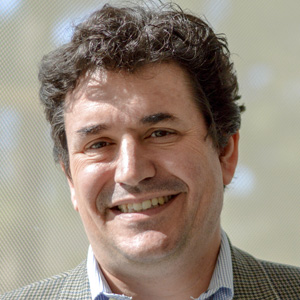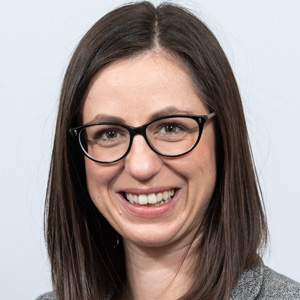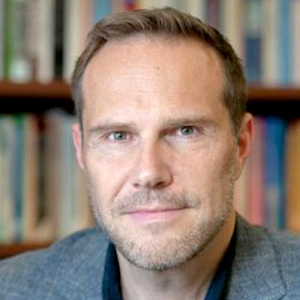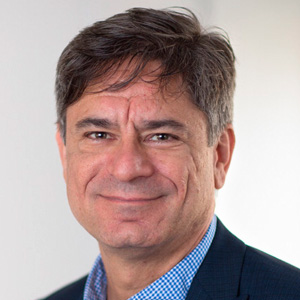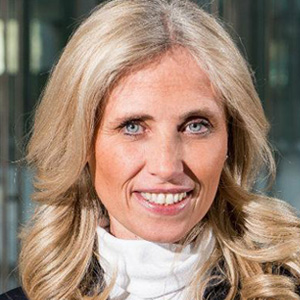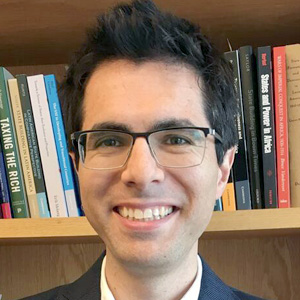Between the departments of economics, political science, and economic history, the University of Barcelona has established itself as a center of excellence in Europe for the study of political economy, with special focus on the role of institutions. The University of Barcelona has developed a unique and very fortunate area of focused synergy between these three departments. I have known Carles Boix and Albert Solé-Ollé for most of the last two decades, and have come to respect them as the leaders in their respective fields within continental Europe. The University is quite fortunate to have them at the same institution, along with an excellent group of researchers in economic history. I should add that from top to bottom, each of these departments is stacked with scholars who are internationally recognized, and the quality of the faculties has only increased with recent junior hires.
Political economy is an interdisciplinary undertaking, and I have become convinced that the best work happens when the investments of economists and political scientists in their respective fields can be shared. Inter-disciplinary collaboration is difficult to achieve, even when people enjoy learning from one another and have strong incentives to collaborate. The organization of universities encourages retreat into disciplinary silos. This program would create an institutional locus for collaboration, and if it is successful, generations of students and researchers will benefit. I anticipate that students graduating from this program will be competitive in the job market, and will be attractive candidates for PhD programs like those in political science, economics, and political economy at Stanford and other leading universities.
